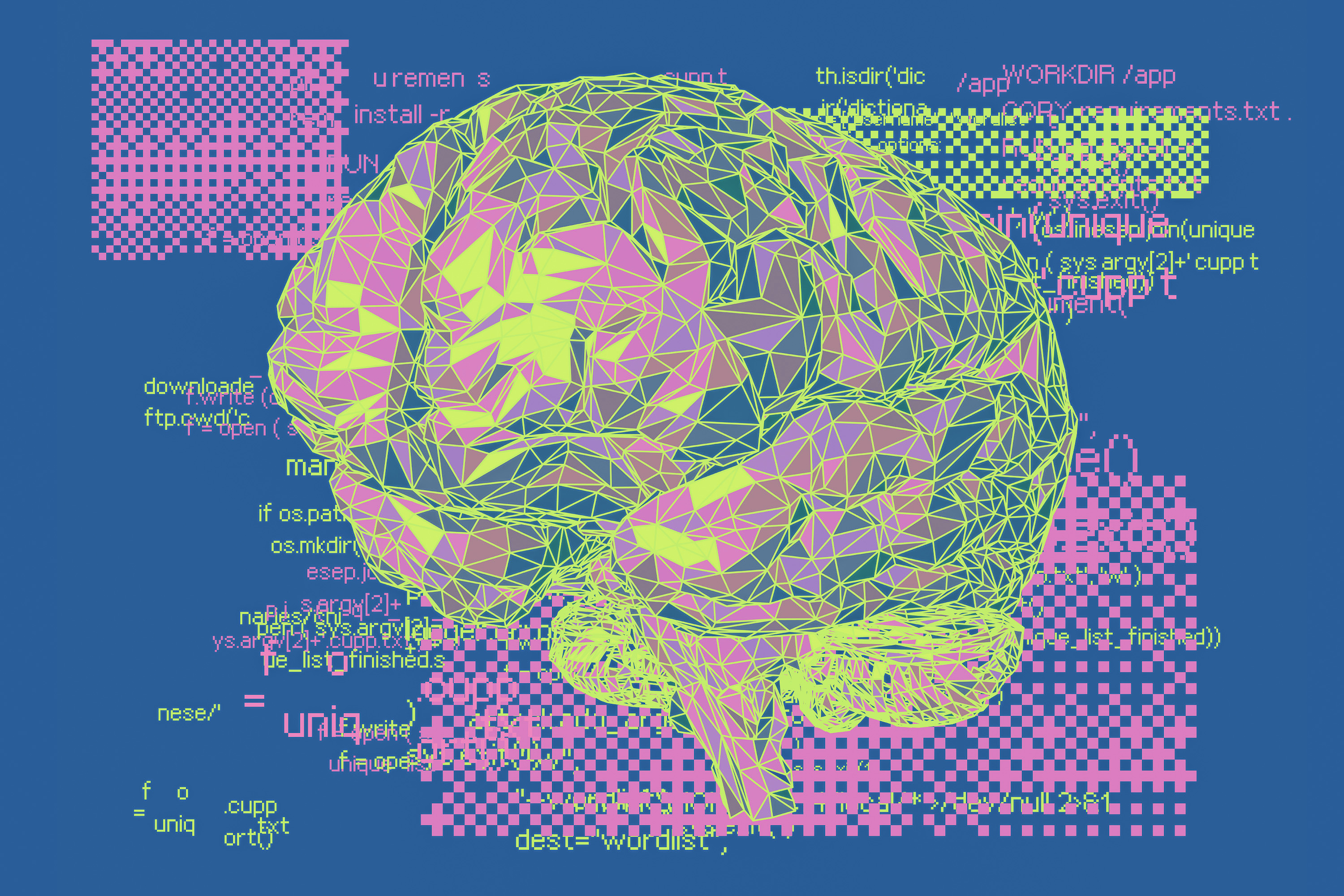
In search of a long and healthy life, fasting has gained a lot of attention over the past year. Two types of fasting are becoming increasingly popular among conscious consumers: caloric restriction and intermittent fasting. The first is a diet that restricts the average daily intake of food to below what is common. Intermittent fasting means changing the timing of eating to have longer periods without food than just nights. In many studies, these types of fasting have shown to delay the onset of age-related disorders and, in some studies, extended lifespan. The idea is that bringing the body into starvation state prompts cells to consume accumulated cellular garbage before unleashing a surge of regeneration. This caused the fasting hype in Silicon Valley.
Globally, we are living longer. Gerontology research is looking to further extend our lifespan by building new classes of therapy to repair and reverse the known root causes of aging. However, until then, a lot of attention will go to a fundamental part of our lifestyle that affects our age: our diet. Poor diet is a factor in one in five deaths and diet is the second highest risk factor for early death after smoking. While dieting was previously mostly associated with losing weight by, for instance, eating less sugar, fat or fewer carbs, this “new” class of fasting diets focuses on “hacking” our cells. Food, or the act of eating less food, becomes a way to biohack oneself. Similarly, we are looking for ways to create personalized diets based on our DNA to live a longer and healthier life.
In search of the fountain of youth, we are willing to buy into the promises made by the “scientific” (expensive) fasting diets that are offered to us commercially. Multiple companies are already offering caloric restriction kits and personalized diet meal plans. But research is still in the early stages, and we have only made the first steps towards developing new treatments to cure aging and to find a personalized diet to stay healthy. Also, as more and more claims are attached to our diet, choosing what food to eat becomes an increasingly complex task, strengthening our wish to outsource it to experts (nutritionists, doctors, biotechnologists).

